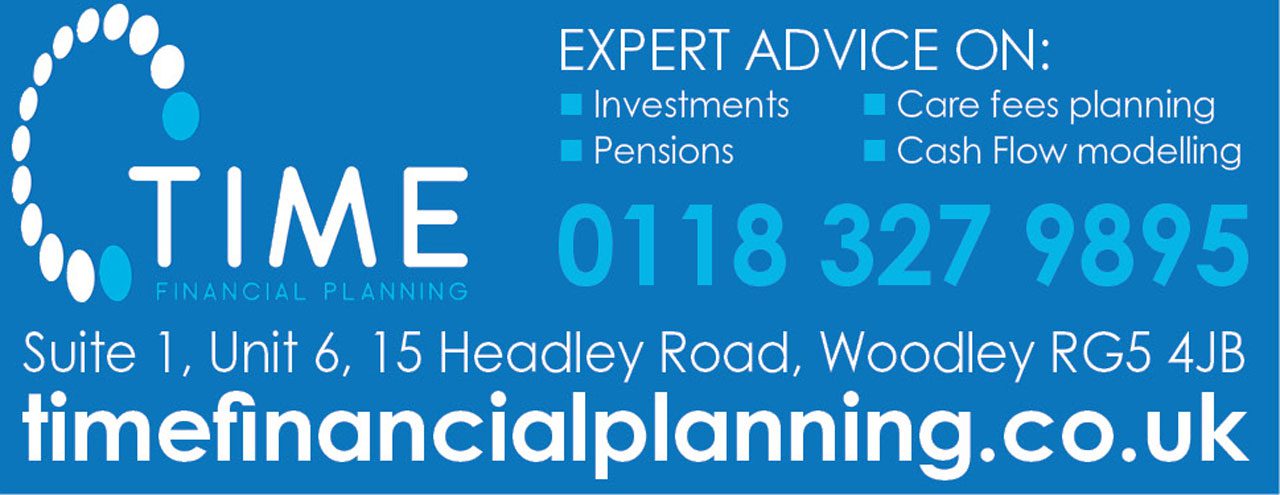
If you’re worried about your loved ones having to pay Inheritance tax (IHT) on your estate then taking steps to mitigate against this now could save you thousands of pounds when the time comes.
While the Government is expected to haul in more than £5 billion in IHT receipts during the 2017/18 tax year, there are many things you can do during your lifetime which can substantially reduce how much of your hard-earned cash will go to the state when you die.
I often get clients looking for advice on this and what’s clear is that many people are in the dark about the tax-free allowances they’re entitled to, especially when it comes to the relatively new main residence nil-rate band.
When a client comes to me we always start by establishing the size of their estate and what they’ve used out of their existing allowances, such as the annual £3,000 gift exemption and gifts out of regular income, something which is often forgotten about or unknown.
We can then start to look at possible solutions to your IHT concerns. This might be gifting money as a potentially exempt transfer (PET), placing money into trust as either a lifetime transfer or a PET depending on the type of trust, and the use of business relief, which is massively overlooked.
There are also other options which some advisers tend to forget, such as the use of a whole-of-life policy, on a joint life, second death basis – something which is often dismissed by clients because of concerns about expensive premiums.
But did you know that there is a way of doing this which ensures your estate is immediately covered and that the sum assured reduces throughout your life and hence the premiums aren’t huge?
The main residence nil-rate band which we mentioned earlier is something I think is completely alien to a lot of people. Some clients I meet are vaguely aware that it exists but no-one I’ve met is aware of what the limit is and how that’s changing.
This allowance means that by 2020 to 2021 you’ll be entitled to pass on an additional £175,000 to direct descendants free from IHT from the sale of your home. This is on top of the £325,000 that each person is allowed to pass on tax-free.
However, if you’re lucky enough to have an estate worth more than £2 million then the allowance is cut by £1 for every £2 until it’s reduced to zero. Now this might not affect a huge number of people, but if you’re living somewhere like Sonning and rubbing shoulders with the likes of George Clooney, you may feel the impact!
Equally, business relief, formerly known as business property relief, is something that most people don’t consider even though using it to mitigate against IHT is as simple as buying into a fund, albeit the right one.
In my view, how much IHT you pay is largely within your control and in financial circles it’s sometimes called the “avoidable tax”.
The reason for this is that if you think about it early enough and plan for it then it is possible to reduce the amount of IHT liability, sometimes to zero.
At Time Financial Planning we can guide you through the process of reducing your IHT liabilities.
TIM EMBLETON
Time Financial Planning Limited is an appointed representative of The On-Line Partnership Limited which is authorised and regulated by the Financial Conduct Authority.
Inheritance Tax Planning, Trusts and Estate Planning advice are not regulated by the Financial Conduct Authority.
This is sponsored content















































